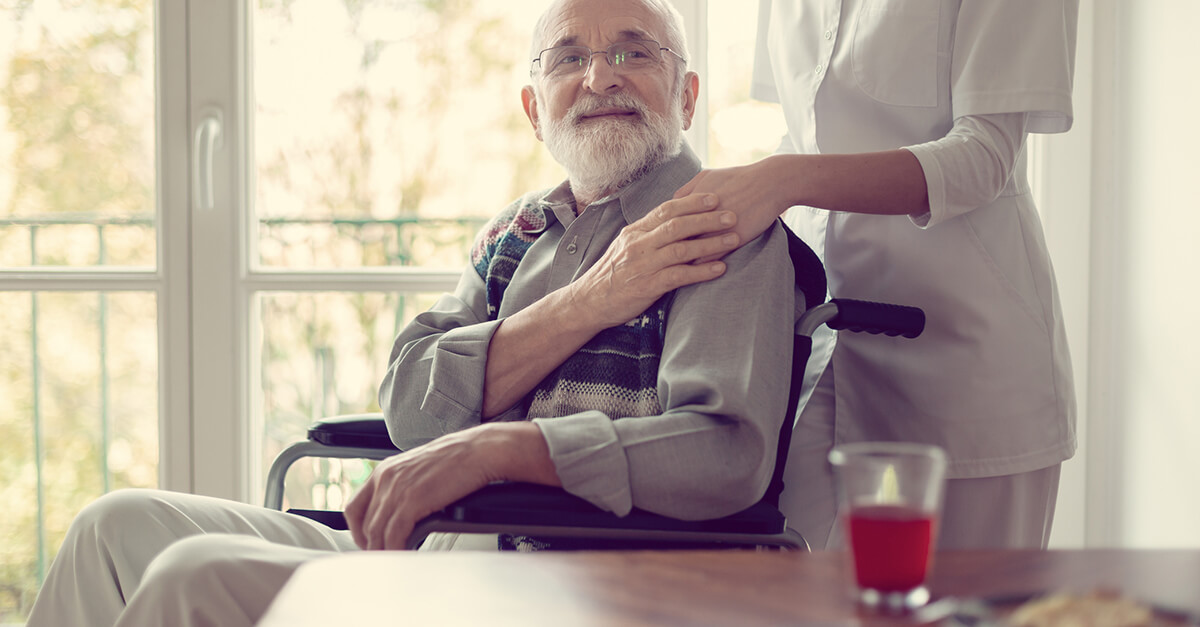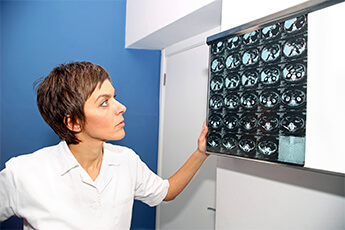4 tips for living better with kidney cancer

Receiving a kidney cancer diagnosis can be life-changing. This common cancer affects more than 76,000 Americans every year. The disease has many treatments to keep it from spreading (metastatic kidney cancer), but there are also steps you can take to manage the disease and improve your overall health.
Tips for living with kidney cancer
These proactive measures can help you enjoy a better quality of life after a kidney cancer diagnosis:
eat a healthy diet
find outside support
seek help to stop smoking
use a cancer survivorship care plan
Eat a healthy diet
Kidney cancer can affect how well your kidneys can break down foods, absorb nutrients from foods, and dispose of waste. As a result, waste and fluids can build up, straining your heart and other organs. Foods high in protein, phosphorous, and potassium can make it harder for your kidneys to filter impurities from the blood. You still need these minerals in your diet, but in smaller amounts.
These foods are better for people with kidney cancer:
foods low in sodium (salt)
fresh berries and fruit
fish, meats, and dairy products low in phosphorous like salmon, turkey, and almond milk
lower potassium foods like pineapples, roasted cauliflower, and arugula
skinless chicken and lower protein meats like egg whites and tofu
Find outside support
It’s challenging to live with a potentially life-threatening chronic disease like kidney cancer. You may worry about the cancer coming back or spreading. You may struggle with treatment side effects like fatigue, loss of appetite, and changes to your appearance like hair loss.
An estimated 1 in 4 people with cancer develop depression. Depression can affect your relationships and ability to work and keep you from enjoying life. You may also experience anxiety about your health, finances, and how the disease is affecting loved ones.
It’s good to have a friend or relative to confide in. But it’s also helpful to talk to a mental health professional like a psychologist or social worker. These specialists can help you navigate difficult times. They can provide you with coping strategies and help you improve communication with loved ones.
There are many ways to find support. You can:
join an in-person or online support group like the Kidney Cancer Association’s community on Inspire
meet with a mental health professional like a psychiatrist, psychologist, or social worker
practice deep breathing exercises, mindfulness, or meditation
reach out to a trusted friend or family member
take antidepressants
talk to a clergy member
From the community: “My kidney cancer was caught by mistake too. The tumor was 4.5cm in size. I remember sitting in ER when the PA came in and dropped this bombshell on me and before I could say anything she was paged and had to leave for an emergency. The emotional roller coaster I was on continues today... I found this group a few months later and it has been helpful. I leaned on my friends/coworkers for support. I often cried in my car as I tried to wrap my head around what was happening. 8 days after my diagnosis and 3 CT scans later my PCP called me to tell me I needed to be seen by an oncologist... For me, the one thing that sticks out was my commitment to keeping normalcy as best I could… This was my self care. Build a support system, lean on friends/family. The emotions you have are normal and you will have good days and bad days. Remember to breath, remember it is ok to feel the way you feel. I found using grounding techniques helpful when I felt things were getting to difficult, once I grounded myself I was able to process my feelings and turn my thoughts into positive self talk.” – Inspire member
Seek help to stop smoking
There’s a definite link between smoking and your risk of renal cell carcinoma, the most common type of kidney cancer. It’s not clear whether continuing to smoke contributes to kidney cancer spread or recurrence. But smoking is the leading cause of preventable deaths and stopping can lower your chances of developing a different smoking-related cancer like lung cancer.
When you have kidney cancer, smoking also:
increases the risk of kidney surgery (nephrectomy) complications like blood clots, heart attacks, pneumonia, and stroke
lowers tolerance to chemotherapy and radiation therapy side effects
slows postsurgical healing by reducing blood flow and oxygen to tissues
weakens the immune system, increasing the risk of infections
Talk to your doctor about prescription medications like varenicline (marketed as Chantix®) that can help you quit smoking. Your doctor can also provide advice about nicotine replacement therapy like patches and gum, as well as connect you with support groups and resources to help you give up nicotine for good.
You can also connect with:
your state’s quitline at 1-800-QUIT-NOW (1-800-784-8669)
the National Cancer Institute’s smoking quitline at 1-877-44U-QUIT (1-877-448-7848).
From the community: “…about 57 years of smoking 30 cigarettes a day +/-. Well, I finally decided it was way past time to quit so I woke up one morning about 6 weeks ago and I quit. Making the decision to quit was the hardest thing I think I’ve ever done; much harder than the actually quitting. I had pangs for a day or so and then it all went away thanks to a vaporizer thing that I used for a couple of weeks. Now I’m almost off of that too with no crutches. I feel so much better and my wind has returned a great deal. I got to the point where I couldn’t even walk up stairs without panting but now I’m able to take long brisk walks and hikes with no problem whatsoever. Food tastes better. I walked through a grocery store recently and the smells were astounding. It's the same in the woods. The smells are wonderful. Everything smells better (except my dog who really stinks). Even I smell better they tell me. Our home smells better. Food tastes better too. I now know that I will absolutely never go back to putting those poisons into my body again. I’m finally an X-smoker and proud of it. Better late than never, right?” – Inspire member
Use a cancer survivorship care plan
Even if treatments put kidney cancer in remission (no signs of disease), it’s normal to worry about the cancer coming back or spreading. To keep fear from negatively affecting your life, talk to your doctor about a cancer survivorship care plan.
A care plan details your cancer history, including specifics about the diagnosis and treatments. It also outlines the follow-up tests you need and when to get them so that you don’t worry about missing important appointments. You can provide a copy to your primary care physician to help keep track of these necessary tests, as well as any changes to your health.
A care plan may also include:
information about long-term treatment side effects
signs of kidney cancer spread or recurrence to look out for
tips for improving and protecting your health
Sources
Depression. American Cancer Society. February 2020.
Key statistics about kidney cancer. American Cancer Society. January 2021.
Living as a kidney cancer survivor. American Cancer Society. June 2020.
Risk factors for kidney cancer. American Cancer Society. February 2020.
Lifestyle changes to manage kidney cancer. Beth Israel Lahey Health Winchester Hospital.
Daily life with kidney cancer. Cancer Research UK. June 2020.
Cancer survivorship care plans. Centers for Disease Control and Prevention. May 2020.
Smoking and tobacco use: Fast facts. Centers for Disease Control and Prevention. May 2020.
Life with kidney cancer. Kidney Cancer Association.
Smoking and surgery. MedlinePlus. September 2020.
What is the first sign of kidney cancer? Moffitt Cancer Center.
Where to get help when you decide to quit smoking. National Cancer Institute. October 2010.
Does smoking slow down the healing process after surgery? OrthoIndy. March 2019.
Disclaimer
Member comments are lightly edited for length and to remove identifying information but are otherwise reproduced as they appear in the community as part of public posts.
This content is for general informational purposes only and does not necessarily reflect the views and opinions of any organization or individual. The content should not be used as a substitute for professional medical advice, diagnosis, or treatment. Please consult your healthcare provider about any questions you may have regarding a medical condition.



